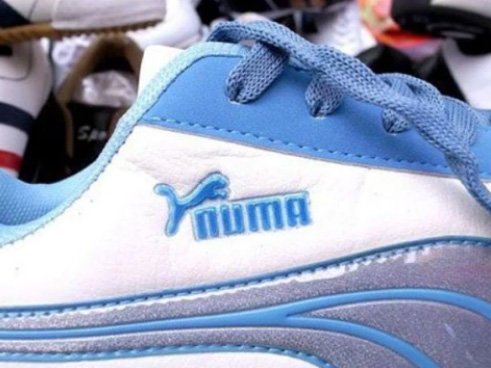An online community spends 3 months discussing and eventually voting on which nasty corporation (or country?) is worthy of a boycott.
Members then, individually, by choice, pledge to not use their products or services for the 3 months of the next season of Winter, Spring, Summer or Fall. You go off them for a season 😉
If you cannot bear to be without them beyond the 3 months, that is sad, but OK.
The idea is to use the timeliness for publicity – who will be boycotted next? At scale.
To incentivise the boycott, direct competitors can be canvassed, seeing what they might offer to any member who switches allegiance. Such offers need to be above and beyond anything else they otherwise offer others.
Canvassing members first on whether they use particular brands is critical – it means the boycott can be meaningful and measurable.
Imagine the dread faced by corporations who are in the shortlist each quarter!

